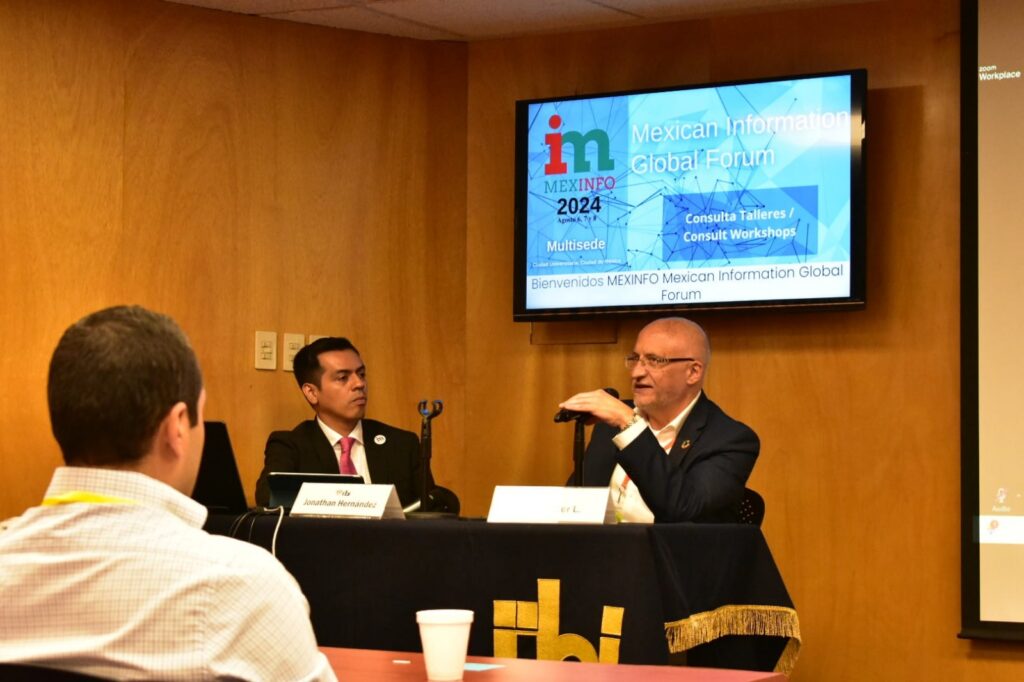During the panel “A Trinity of Freedoms at Risk” held on August 6th, Alicia Quiñones, Head of the Americas PEN International, Loida García Febo, Chair Management of Library Associations, IFLA, and Hugo Setzer, representing the International Publishers Association, spoke about the trinity of freedoms: expression, publication and reading. The panel was superbly moderated by Jonathan Hernández, Chair IFLA Advisory Committee on Freedom of Access to Information and Freedom of Expression.
“When I grew up I realized that my mother, as a school librarian, let the children read everything that was in the library without any censorship, for me, that was a very empowering thing, so for that and other things, I am a fervent and defender of the freedom of reading” commented Loida García, about her childhood and the freedom she had from a young age in reading, and how it allowed her to grow up knowing more.
Hugo Setzer mentioned that “it takes a lot of courage as an author to write, but not only that, but also courage as a publisher to publish it. Basically, because an author stands for what they wrote, but a publisher takes risks defending the ideas of someone else. In addition, there is self-censorship. Attacks on social media are increasing the tendency to self-censor.”
“There are many edges where this perspective can be approached, which is why it is very important to preserve freedom of expression,” stressed Alicia Quiñones, after mentioning the challenges that authors experience, mainly those who write in native languages, due to the understanding of their texts. and the preservation of their language.
On the issue of the balance between commercial profitability and freedom to publish, Setzer thinks that both concepts should not be opposites, “Freedom to publish does not affect profitability in any way, I believe that the issue that can affect the most is self-censorship. We as publishers are always looking to see what we think is best to be published, and we publish it. One of our major problems here in Mexico is the violence against journalists. México has become the most dangerous country in the world to be a journalist.”
To conclude the panel, the three panelists were questioned about what the scenario of the three freedoms will be like in the coming decades, in which they agreed that the future looks grim, but they maintain optimism, with continuous work in favor of the freedoms of expression, publication and reading in all formats.

